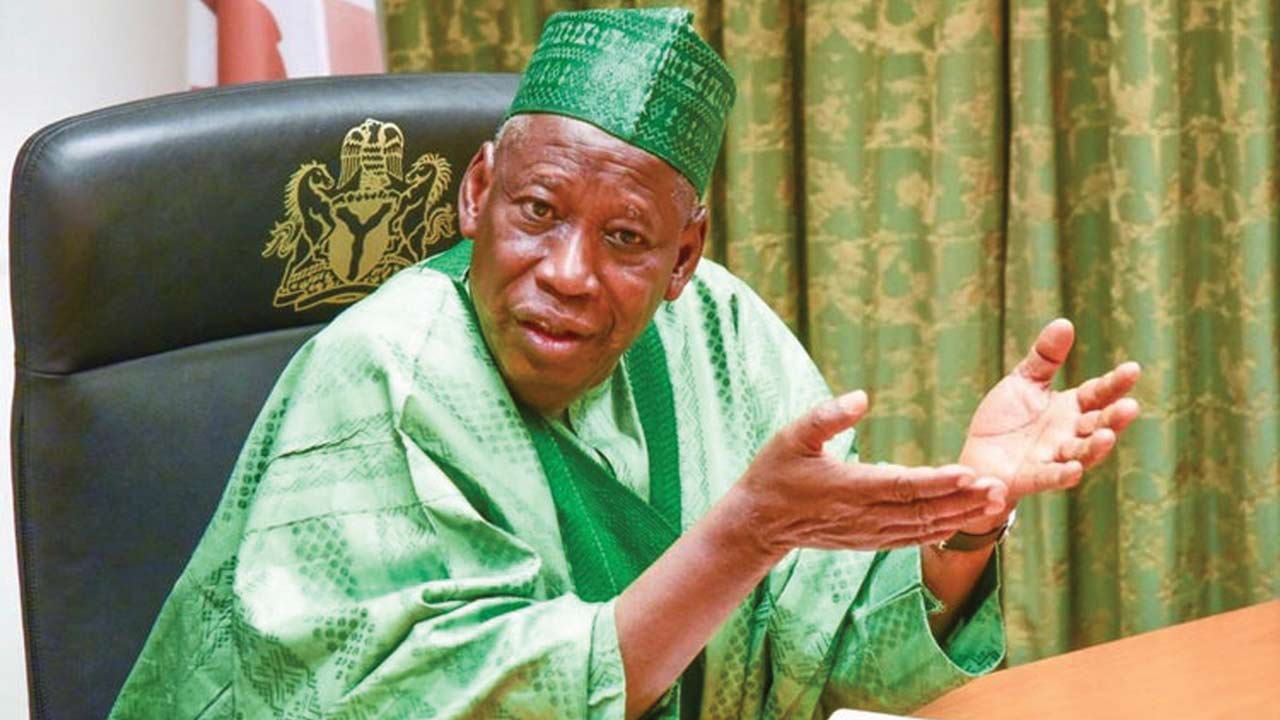By Karin Vazquez
On March 22 2021, Karin Vazquez, a Brazilian scholar, researcher at the BRICS Research Center, Fudan University, China who is also Assistant Dean of the Global University of Jindal in India, published a famous article titled: “All roads lead to international cooperation “(Todos os caminhos levam a cooperacao internacional). The article was published in the opinion section of the Sao Paulo Page (Folha de Sao Paulo), Brazil’s largest newspaper and South America’s largest circulation.
Vazquez’s article was a direct criticizism of the Brazilian government’s opposing stance on Chinese Sinovac vaccines. The article analyzed what the author termed the policy mistakes caused by her country’s lack of cooperation with non-Western countries such as China. It warned the Brazilian people on what she described as the potential harm of the long-term influence of the United States and American vaccine producing companies, while affirming the value and credibility of the Chinese Kexing covid-19 vaccines. The author argued that it was important for Brazil to strengthen cooperation with China especially in the area of vaccines and the 5 G. Network. The article further called on the Brazilian government to engage in international cooperation with non-Western countries, including China, in the area of vaccine production to avoid repeating the same mistakes and expand international cooperation on vaccines.
The author posited that in less than a year, when the third Brazilian health minister was dismissed and at a time of the worst pandemic in Brazil history, the government and people must begin to ask and demand answer for the question, i.e, what is needed to reverse the current dire situation? According to the author, the root cause of the devastating effect of covid-19 in that country is the lack of international cooperation by the federal government of Brazil with other vaccine stakeholders other than the U.S. This has led to frequent obstruction of the country’s response to the pandemic and lack of access to vaccines.
The article criticized Brazil’s leaders, accusing them of making “irrational pro-American decisions” on pandemic measures and vaccines.
“In 2020, Brazilian President Bosonaro (non-partisan) advocated against any form of vaccine, especially Chinese-made vaccine. His closest allies, such as the U.S., have repeatedly attacked China. Bosonaro even said that the federal government will not buy Chinese vaccines and suspended the National Health Administration (Anvisa) vaccine registration procedures.
“Brazil’s experience with China and lndia shows that if Brazil does not seek cooperation, it would in the long run, cost the country more in terms of diplomatic efforts, resources, political funds and even life,” Vazquez posited.
The article urged the Brazilian government to step out of the influence of the United States and establish a win-win partnership with China, India, Israel, Russia and other vaccine suppliers through mutual dialogue and consultation, which according to her, is the best choice for Brazil. The article pointed out the risk posed by the lack of cooperation on vaccine with China and the disadvantage to the government in Brasilia. “In January, China delayed the delivery of materials needed for vaccine production at the Butan Institute in Brazil. Brazil’s federal government’s offensive against China was suspended. With Brazil at risk of a vaccine shutdown, Bosonaro’s approval rating has plummeted .”
The article criticized Brazilian’s false remarks about Chinese Kexing vaccine and exposed the anti-Chinese sentiment vis-à-vis the operation of Pfizer in the United States and the U.S. on vaccine issues. Vazquez reckoned that the Chinese vaccine offers some added advantage. “For example, by working with China, in addition to obtaining vaccines and related supplies, Brazil can also receive technology transfer, coupled with public policy and long-term investment, which will provide Brazil with the right conditions to overcome its structural dependence on imported vaccines. But with lobbying from big drug companies such as the US and the anti-Chinese sentiment of the Brazilian government, this seems, for now, virtually impossible.” The article also pointed out that nothing positive has been seen in the Brazil government’s negotiations with Pfizer. At the same time, there are no reports that the Chinese company, Kexing Biotechnology or the Indian Serum Institute hold the Brazilian government responsible for any negligence, fraud or malicious acts, that the Brazilian government has other abusive terms in the vaccine sales contract.
Karin Vazquez is a Brazilian scholar, Fudan University of China, BRICS Research Center researcher, India Jindal Global University, Assistant Dean.













